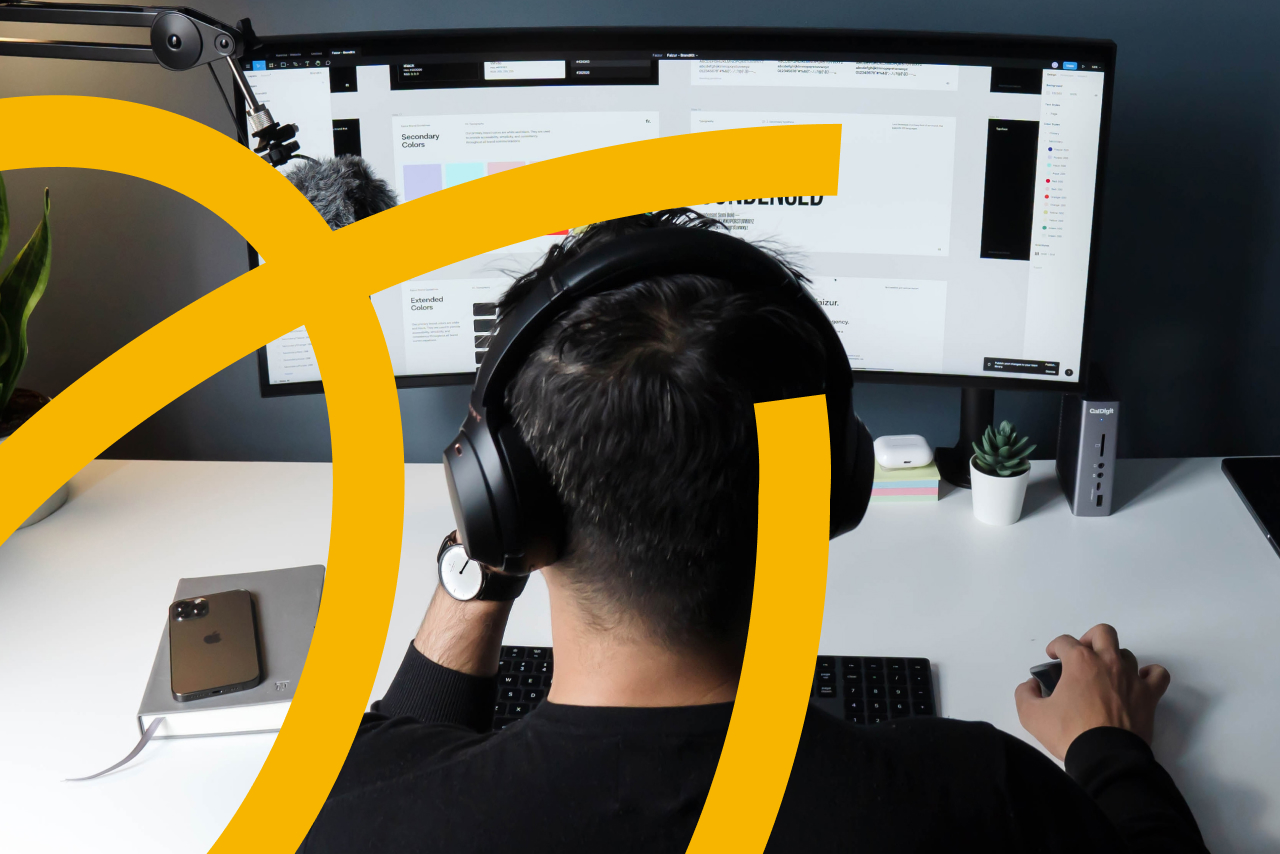3 money tips to being financially set for a freelance career

on July 13, 2023 • 3 minute read

Freelancing offers the flexibility to work on your own terms, whether as a part-time gig or a full-time career. It’s ups-and-downs financially can be rewarding, and sometimes frustrating when you’re just getting started.
You’re likely thinking about starting your freelance journey, which is why it’s not something that should be taken lightly — poor performance, a lack of time, and lack of a financial readiness plan may all contribute to the overall effectiveness of your freelance career.
Today we’ll focus on those aspiring to transition into a full-time freelance career and explore some of the chief financial considerations involved. Part-time solopreneurs hoping to start a freelancing career with upfront financial security may also glean some helpful info.
The figures mentioned here are generalizations and can vary based on factors such as industry, location, and personal circumstances.
Financial considerations and budgeting for freelancers
When embarking on a full-time freelance journey, it's crucial to establish a solid financial foundation. While freelancing can bring financial independence and opportunities for higher income, it's important to prepare for potential low-income months.
According to industry experts, having a safety net of at least three to six months' worth of living expenses is recommended. This emergency fund should cover essential costs like rent or mortgage, utilities, groceries, and healthcare. Setting aside around 20-30% of your income towards savings can help you build this cushion over time.
💡 Pro Tip: We know that’s not easy! The assumption is that you’re already working with a client or two. Try securing 20% of your monthly full-time income with your freelance career, and set that aside for 6 months.
A freelancer’s essential equipment, tools, and their cost
Starting a freelance career often requires investing in essential equipment and tools specific to your field. Depending on your niche, this may involve costs such as purchasing a reliable computer (ranging from $800 to $2000), software licenses (varying from $100 to $500 per year), specialized equipment (e.g., cameras, microphones, or graphic tablets, ranging from $200 to $1000), or other materials.
Assess the requirements of your freelance work and budget accordingly. Remember that some costs may be one-time investments, while others may require periodic upgrades.
💡 Pro Tip: Luckily, most digital side-hustlers are rocking their gigs with a laptop (predominantly). However other things may arise as you begin your journey. Take a deep breath, and don’t be afraid to add these costs to your budgeting plan before you start.
Beginning your full-time freelance journey with zero expenditure is ideal. Never put a discount on peace of mind 🕊️
Investing in professional development as a freelancer
To succeed as a full-time freelancer, continuous learning and skill development are key.
Allocating a portion of your income to invest in professional development opportunities is essential.
Industry reports suggest that freelancers typically spend around 5-10% of their annual income on skill enhancement. This can include attending industry conferences (with registration fees ranging from $200 to $1000), taking online courses (with costs varying from free to $50 to $500 per course), or joining membership communities (with monthly or yearly subscription fees ranging from $10 to $100).
Consider it an investment in yourself and your freelance career's long-term growth.
Remember, these figures are general estimates and can vary significantly depending on a range of factors. It's crucial to assess your own financial situation, research specific costs within your industry, and tailor your financial plan accordingly.
💡 Pro Tip: Aim to learn a new skill that relates to your current skill-set in some way. A multifaceted freelancer is a greater magnet for clients, and that means stronger potential for more income.
Take the next step of a financially ready freelancer
The more you’re able to focus on growth and personal development, the greater your freelance journey will be. Xolo aims to ensure that you have the tools and team necessary to succeed.
Add Xolo to your freelance team, and you’ll be able to send compliant invoices, save money on business expenses, calculate VAT with ease, and even get annual tax-reporting, accounting and bookkeeping help (when you’re growing).
About Daniel
Daniel Faubion is a master copywriter at Xolo, and keen on defining the world of solopreneurship. Bringing 7+ years of real-word experience in freelancing, Daniel approaches his content work with fresh, insightful looks and a healthy mix of humor and fact. Chattanooga, Tennessee born, Tallinn, Estonia adopted!
Say cha-ching! two ways, with Xolo Go's professional invoicing and expense reimbursement tools.
Earn with GoRelated blogs
Subscribe to
our newsletter
and get the latest updates and expert
business tips straight to your inbox.
